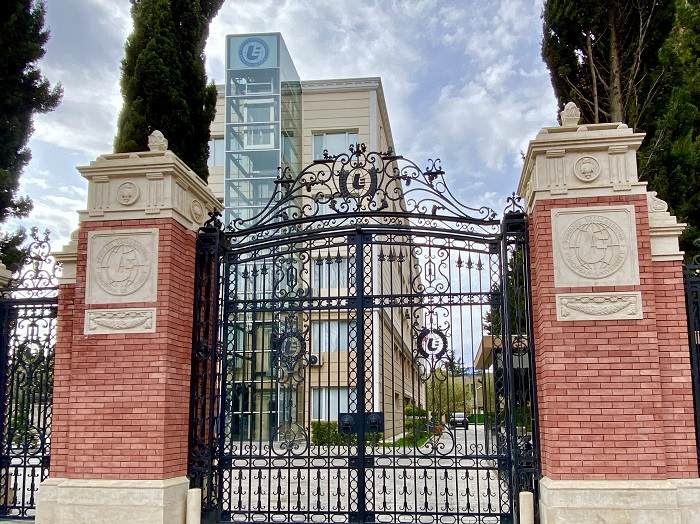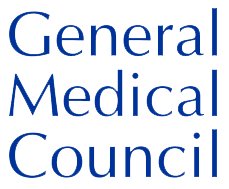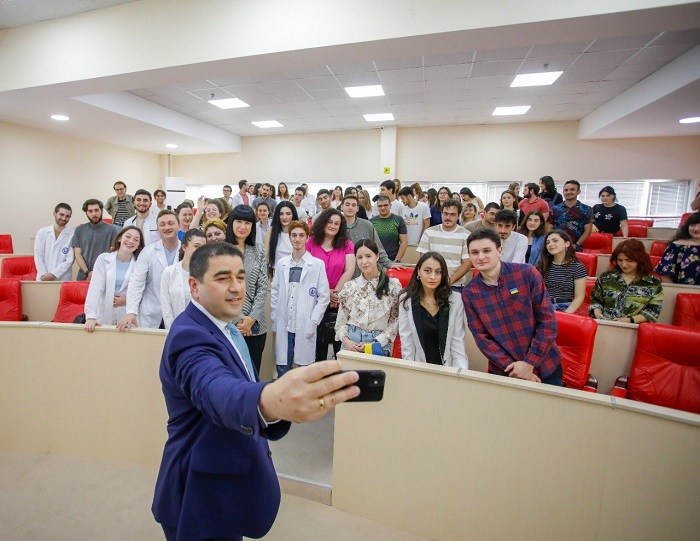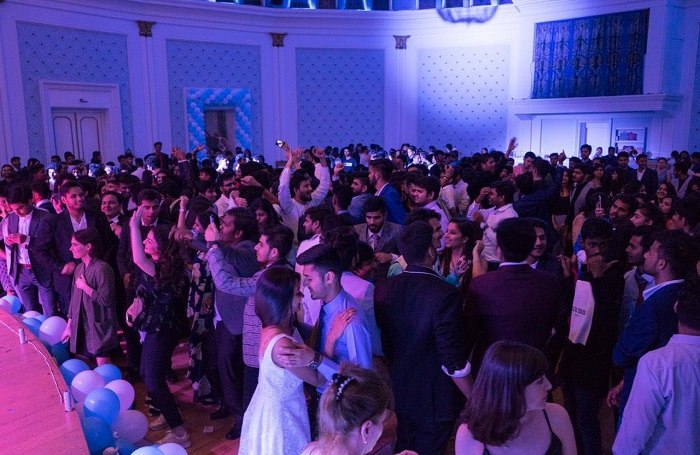Tbilisi is the capital of Georgia and also its biggest city, with over a million people. It’s where many of the country’s universities are located, which means that there are plenty of communities in the city for students from nearly any country.
European University sports some of the most comfortable dorms in the country, with rent of about £85 a month. The dorm rooms are double, fully furnished and with their own private bathroom.
Regardless, many British students in Tbilisi choose to rent a small apartment by themselves or with friends. Rents are very affordable compared to the UK, costing between £350 and £400 for a single-bedroom apartment. Food and utilities will cost another £150-200 per month for most students.
Tbilisi is very far from the border with Russia and is one of the safest cities in the country. At most, there have been some reports of students and tourists being pickpocketed, but as long as you keep a close eye on your belongings, there’s not much cause for concern.














